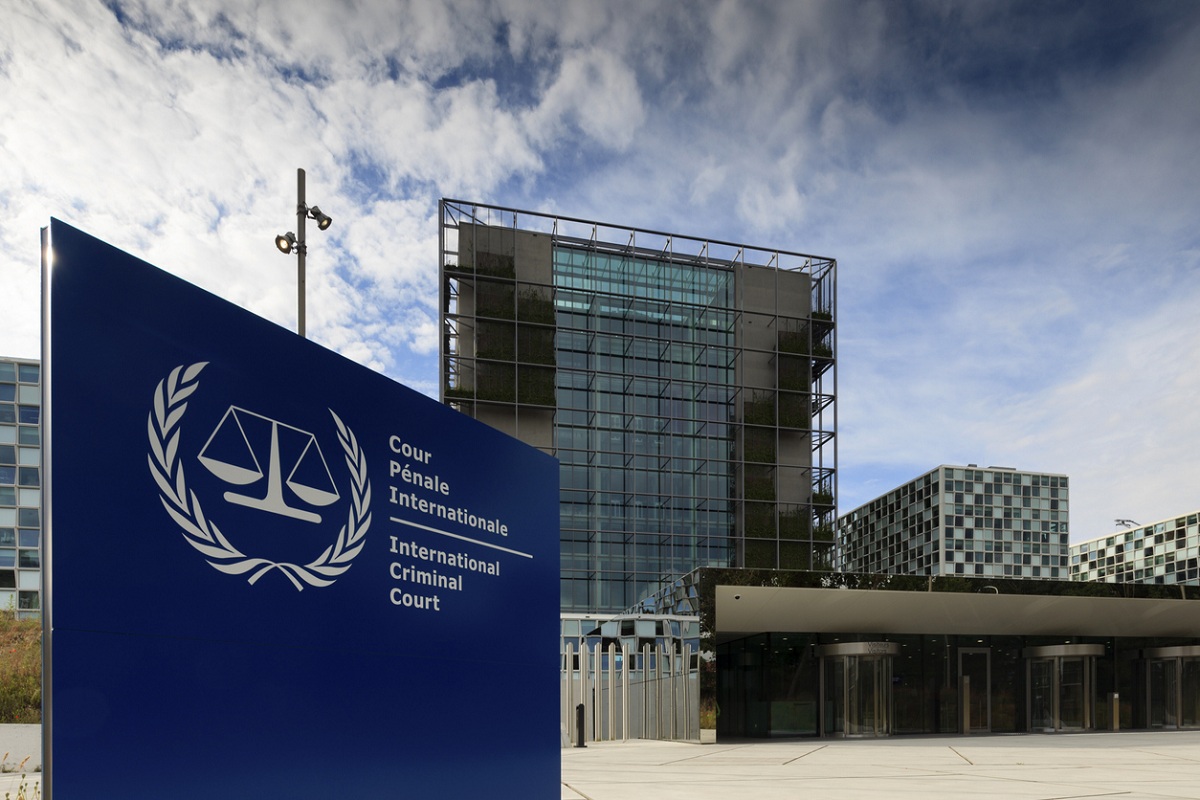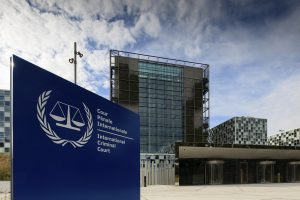The International Criminal Court’s (ICC) decision to pursue an arrest warrant for Myanmar’s military leader General Min Aung Hlaing is a crucial step against impunity for crimes against humanity. For too long, the atrocities committed against the Rohingya people have gone unpunished, leaving survivors in limbo and sending a message that perpetrators can evade accountability.
This latest move by the ICC offers a chance to challenge that narrative, though it also highlights the enduring challenges of enforcing international justice. The 2017 military campaign against the Rohingya, described by the United Nations as a textbook case of ethnic cleansing, displaced nearly a million people. These survivors, many of whom now live in squalid refugee camps, have faced unimaginable suffering, including the destruction of villages, mass killings, and sexual violence. By targeting Myanmar’s top military official, the ICC is signalling that no rank or title provides immunity from accountability. This marks a significant moment, as it is the first time the court has sought action against such a high-ranking official in Myanmar.

The ICC’s decision reflects years of meticulous investigation, gathering testimonies and evidence despite limited access to Myanmar and the complex political turmoil since the 2021 coup. This persistence is commendable, as it ensures that the voices of survivors and witnesses are not forgotten. Yet, while the pursuit of justice is crucial, it is also fraught with practical hurdles. Myanmar is not a party to the ICC, and its ruling military junta is unlikely to cooperate. With no enforcement mechanism of its own, the ICC relies on member states to execute arrest warrants.
This reliance exposes a key limitation of the court: its dependence on the political will of nations, many of which are reluctant to confront powerful figures. Moreover, global powers such as the United States, China, and Russia, which are not ICC members, undermine the court’s universality, limiting its influence in addressing crimes of this magnitude. Despite these challenges, the ICC’s actions serve an important purpose. They offer a semblance of hope to the Rohingya and other oppressed groups worldwide, reminding them that their suffering has not gone unnoticed. Symbolically, it reinforces the idea that human rights violations, no matter how systemic, cannot escape scrutiny. However, justice for the Rohingya must go beyond arrest warrants.
Addressing the root causes of their plight ~ statelessness, systemic discrimination, and the lack of political will to ensure their safe return ~ requires global action. Refugee camps are not a long-term solution; sustainable efforts must prioritise rehabilitation and reintegration. The ICC’s move is a bold assertion that accountability matters. While obstacles remain, the pursuit of justice, however delayed or incomplete, sends a critical message: impunity for mass atrocities is not guaranteed, and the global community stands ready to challenge it. This is a necessary step toward breaking the cycle of violence and fostering a future rooted in accountability and human dignity












